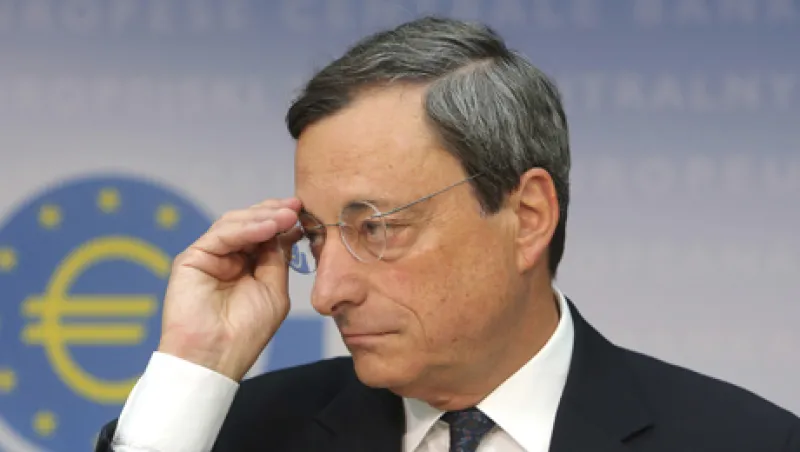
Institutional Investors Eye Draghi’s German Parliament Appearance
Institutional investors will be keeping a close eye as the date for ECB president Mario Draghi’s appearance before the German parliament nears.
David Turner
October 4, 2012


